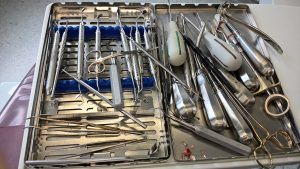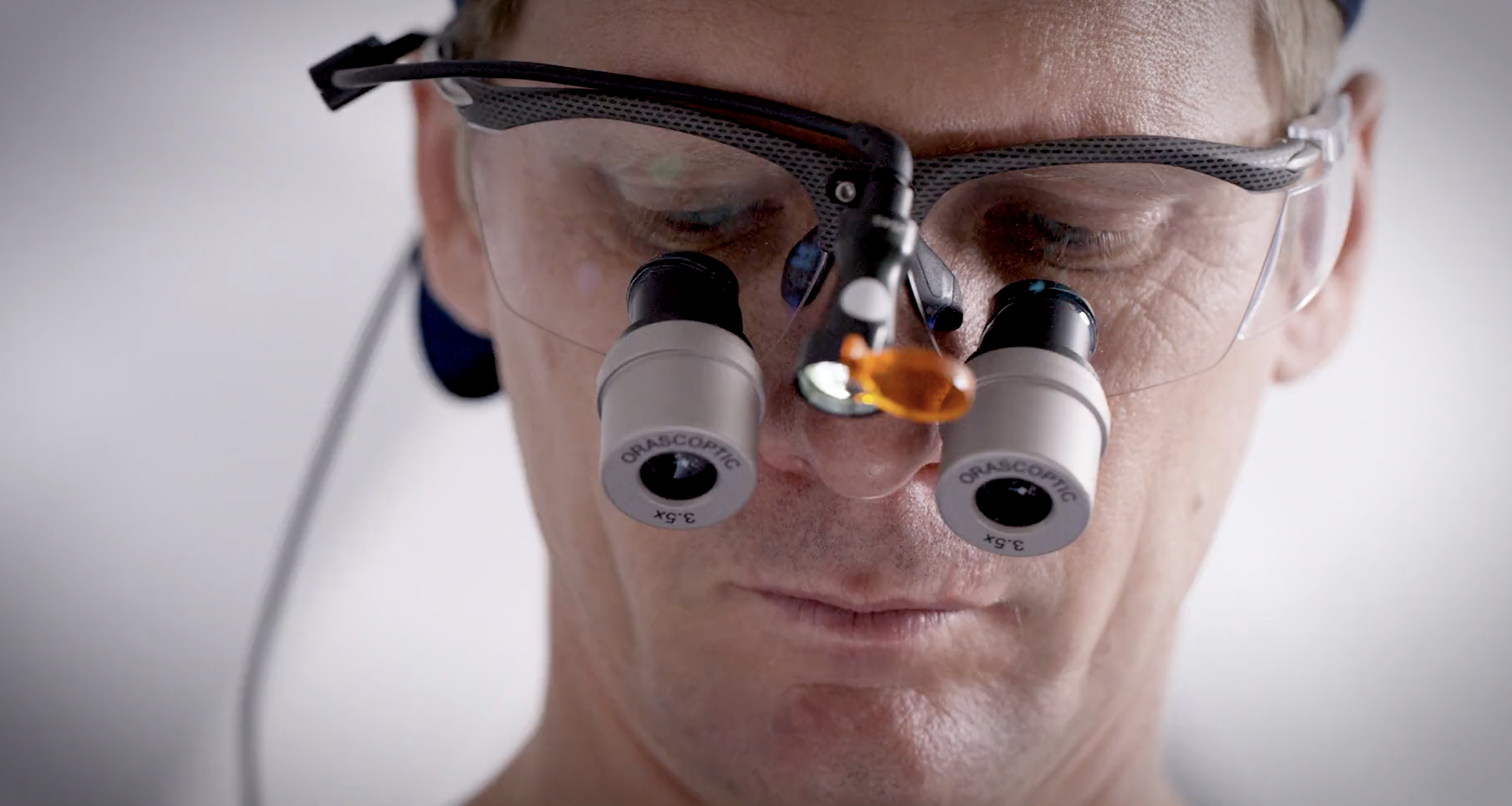One of the most powerful things I ever learned was from a good friend and mentor Michael Melkers.
It was the similarity to grief that learning of any form causes. Once I tell you, you too will see it in colleagues, patients, and friends.
- Denial
- Anger
- Bargaining
- Depression
- Acceptance
A new idea comes out, the Socket Shield perhaps.
Write blog explaining why it'll never work! (denial).
This is a terrible idea and those that do it should be reported to someone (said in angry voice).
Well, perhaps it works, but older methods work better! I don't trust it. (bargaining).
You remember all your denials and anger when the procedure becomes widely accepted and feel down about being so wrong. (depression).
Stand up in front of audience and show a case... (acceptance).
It's important to know that we do not necessarily go through them in this order. The timeline is not equal (we can get stuck in one for a long time). And we may not go through the process at all and just move straight to acceptance.
You can see your friends and colleagues go through this process every day online. Often the anger is not directed at you personally for upsetting their world, but is the normal reaction to a shocking change. Even if it is just in their dental knowledge world.
It is because of the mistaken belief that learning is a smooth gradual thing. It generally is not. It is made up of sudden jumps in learning where something "clicks" and we suddenly understand. However we can resist the new information or the better way for a considerable time.
I'm subject to this as much as anyone. I've resisted new learning often. Been angry at those doing things different to me. Realised that the new learning that supplanted the old, has now been supplanted by the resurgence of old ideas. The cycle is continuous and endless although being aware of our reactions to things does make them less bothersome.
We also see if in our patients
One of the reasons that the second opinion always gets the job is because by the time the patient gets to them, they are starting to accept the idea that they need significant expensive treatment. They can do the the "bargaining" stage with the new dentist, who can give the patient the slight changes that make the treatment acceptable.
When the process becomes dangerous is when dentists who lack self awareness see things that make them angry. It might be that they are justified in their anger.
However, I've seen cases where a specialist endodontist in a position of power in this country, get's angry at some of the modern concepts of non-intervention at radiolucencies and would use his position to punish those that move to this more patient centred way of thinking.
I see similar quite frequently in the UK, where people (often who have little or no private clinical work) use un-elected positions of power (elitism) to attempt to punish those that have ideas different to themselves (they get stuck in the denial/anger stage).
https://en.wikipedia.org/wiki/Elitism
So if you challenge, expect to see these emotions surface
And remember, you cannot force someone to learn. Trying to make someone learn something is fruitless and counterproductive. They will learn when they are ready. It's why it's sometimes better to exit an online discussion than to try to continue to the point that the other party acknowledges your rightness.
It's usually impossible for them to come to that point in a short timeframe.
Now let me grieve about the last case I did... I'm still in denial.







